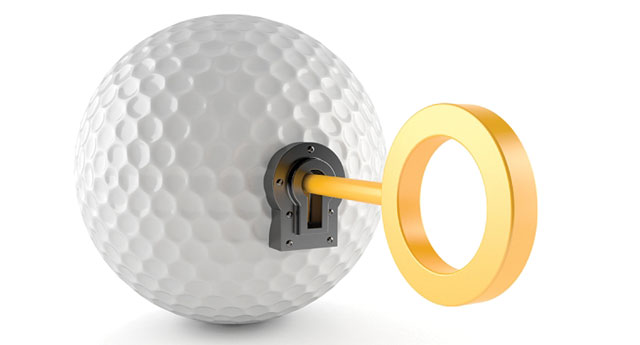interference on batter
Question
In a recent LL game there was a play that I would like to better understand. Our age group is 9-11 and the umpire was young, 14, so I believe his ruling on the play was incorrect. Here is the play:
runner on 3rd, less than 2 outs. The pitch was wild and thus passed the catcher traveling to the backstop. The runner on third began to try and score. The batter remained in the batters box, and thus, in my eyes interfered with the play at home. A throw was made but due to the confusion of the batter remaining in the box impeded a play on the sliding runner. He was ruled safe with no interference and his reasoning was that it was the batters box and he has the right to remain there, even though there was a play at the plate screening the runner from a throw and tag. What is the ruling? I would think that common sense and most importantly safety would rule interference.
Answer
Lance,
These are difficult questions to answer because it deals with umpire judgement and unless I was there to see the play unfold myself, I cannot give a definite answer. What I can do is explain the rule and interpretation of the rule for you.
Rule 6.06(c) deals with any possible interference with the batter and catcher. It states:
"A batter is out for illegal action when... interfering with the catcher's fielding or throwing by stepping out of the batter's box or making any other movement that hinders the catcher抯 play at home plate. EXCEPTION: Batter is not out if any runner attempting to advance is put out, or if runner trying to score is called out for batter's interference."
The way to understand it is, the batter must try to avoid interference, if possible. Here is where it get tricky. If the umpire, in his judgement, felt the batter was not hindering the play, then it is not interference. As an umpire myself, it is a difficult call to make on a batter when they don't even move because (as according to the rule) they are not making any movement.
Once again, I would of had to seen the play in order to make a definitive ruling, but at least you now have a clearer understanding of this type of possible interference play.
I hope this has helped.
-Martin Hoover
General LL Questions from Ump
Rule


